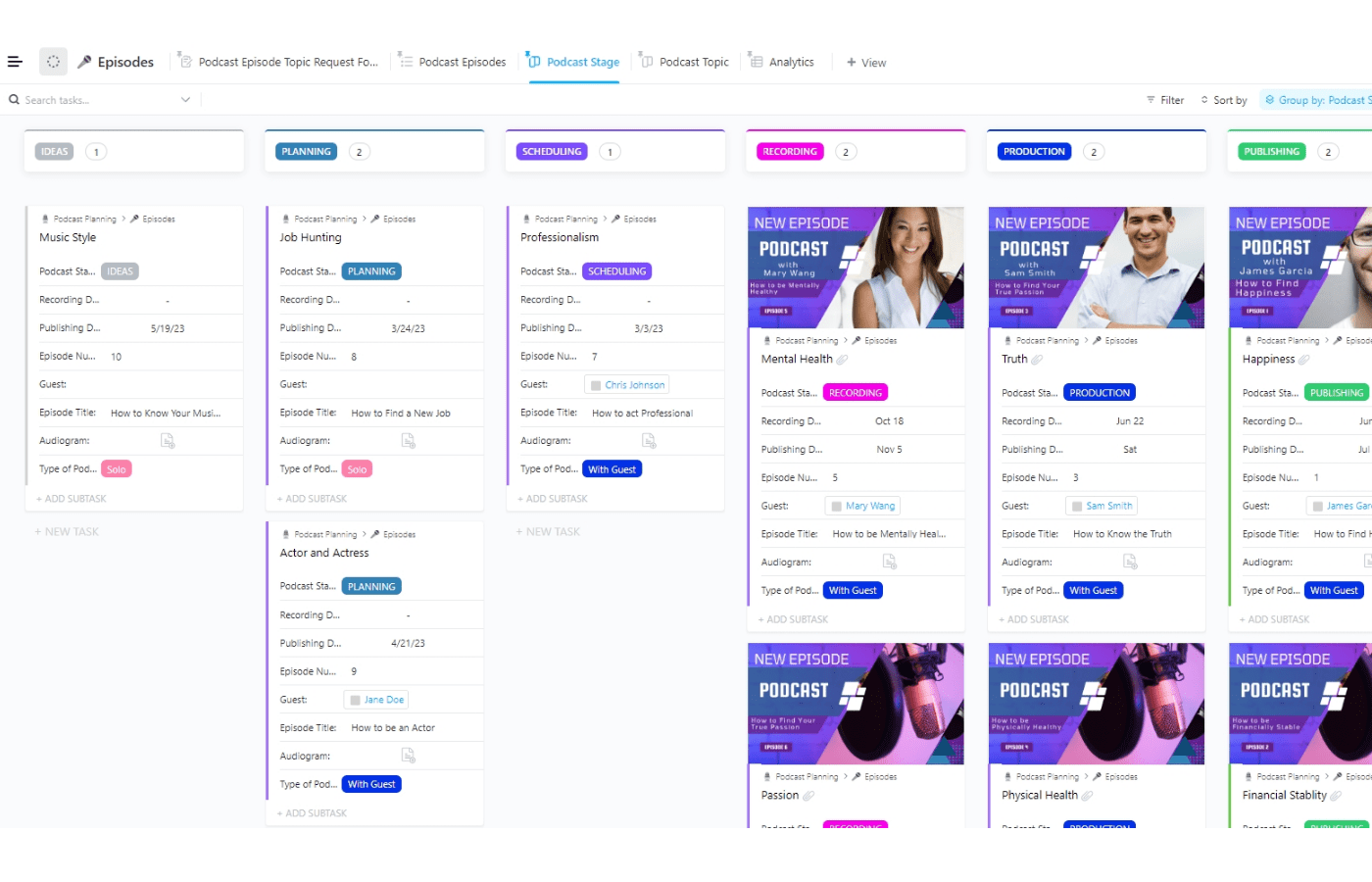
The terms “project,” “program” and “portfolio” are deployed day-to-day in business language. We often use these words interchangeably and, while they share some similarities, they have distinct meanings with key differences.
What is Project Management?
A business project is a temporary task, something with a start and end date. A project is focused on a unique goal, whether it be a new product, service or marketing strategy. The role of a project manager is to meet objectives while balancing the scope of the work. They must also operate with the resources available, such as time and budget.
A project manager’s to-do list might include tasks like:
- Define project goals
- Outline budget requirements
- Breakdown and schedule tasks
- Communicate project milestones
The client or upper-management typically regulate a project’s guidelines, and requests can often be challenging to incorporate. Project managers apply a number of tools, techniques and processes to hit targets and provide more reliable output. Companies who include these initiatives save 28 times more money compared to those who don’t.
What is Portfolio Management?
To ensure projected ROI, many businesses group and manage projects together. This collection is called a program. Most companies hold projects and programs in one or multiple portfolios.
The goal of a portfolio manager is to ensure the right projects are selected. Many businesses take on a limited number of projects each year. Any task, once approved, must promise a strategic return.
A portfolio manager’s to-do list might include tasks like:
- Align and prioritize projects
- Track real-time analytics
- Manage financial resources
- Plan out what-if scenarios
A portfolio manager needs to look at each project on an individual level. Are resources used efficiently? Are tasks completed on schedule? They also need to consider holistic strategy, keeping in mind the company’s overarching goals.
How Are Project and Portfolio Management Different?
There are several key differences between project and portfolio management. Projects are temporary and unique, while portfolios are ongoing initiatives that involve strategic and cohesive objectives. Once a project deadline has come and gone, it will be no more. Portfolios, on the other hand, span across years of existence.
A project manager looks at the requirements of an individual objective, but portfolio managers look at all projects and programs and attempt to prioritize work and make new selections. While a project manager looks at the complete scope of a project, balancing restraints and managing stakeholders, a portfolio manager looks at the big picture. How can the organization’s profits and resources be maximized?
In the end, a project manager will be able to admire the results of a single objective, whether it be a new product line or service. Portfolio managers seek company-wide benefits like a reduction in costs and improved ROIs.
How to Successfully Manage Projects and Portfolios
Project and portfolio managers ultimately have different goals and will require unique strategies to be successful.
Project Management
A successful project manager is one that regularly re-evaluates the situation. Look for new approaches to visualize the project and achieve the desired outcome. Consider what to change about the project to save time or improve quality. Pinpoint inefficient team members and properly delegate tasks.
A good project manager is one that prevents overtime. While it thrives in business culture, overtime is a disaster-in-waiting. When all employees are working overtime, an unexpected problem that arises will cause all projects to become delayed. Prioritizing time and keeping projects in control is the key to successful management.
Portfolio Management
Successful portfolio management all comes down to seeing the big picture. You must look at several projects and sort out the good from the bad. Find patterns and connections. Determine which issues or goals are more important than the rest. An organization’s success relies on high-achieving portfolios.
A successful portfolio manager will understand the business climate and how each project fits into it. They look ahead to anticipate the wants and needs of workers and consumers, relying on market data and intuition and make critical decisions. A portfolio manager must be alert about what’s going on, both in the company in the world, understanding root cause analysis and what motivates people.
Both project and portfolio management each focus on achieving goals in a timely and resourceful fashion. But there are key differences between each role. While project managers have to look at the scope of an individual endeavor, portfolio managers look at numerous projects and piece the connection between them.





